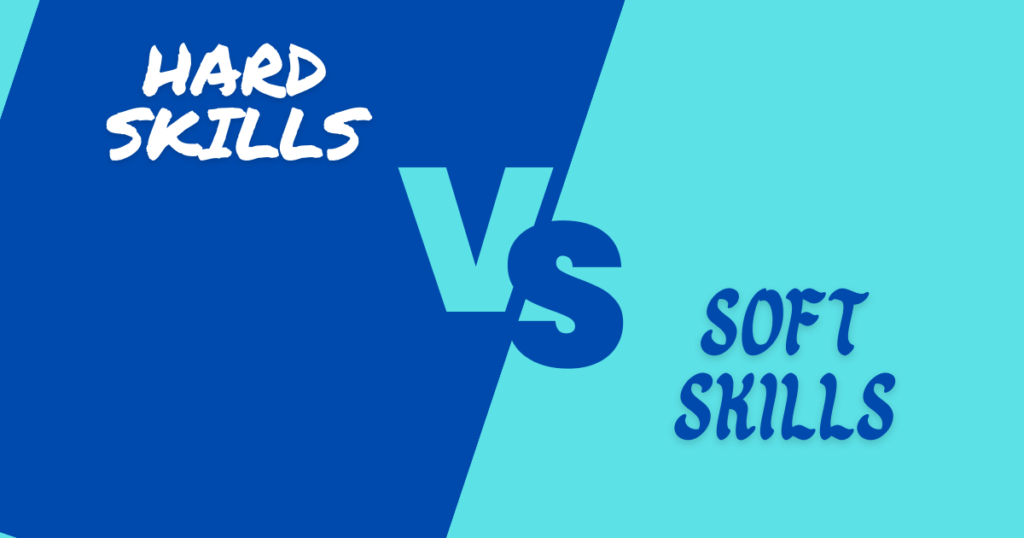Hard Skills Vs Soft Skills: With 50+ examples.

Hard skills, also known as technical skills, are technical knowledge and teachable abilities and expertise that can be easily measured and quantified. Hard skills are often job-specific and can be acquired through education, training, or experience. For example, a hard skill could be coding. No one is born with the knowledge to code. Preferably, it […]
Soft Skills Importance In The Age Of AI

Nobel Prize winner William Butler Yeats shared his million-dollar thoughts by stating this great line. “Think like a wise man but communicate in the language of the people.” Having knowledge is good, i.e. itself is not enough, we need to communicate it to others effectively. By successfully getting our message across, we convey our thoughts […]
Success Mindset For Successful Career

Your Mindset is Everything. A beautiful day begins with a beautiful mindset. Have you ever thought? Why one person is happy and another sad? Why one person is confident, and another not very confident? Have you ever wondered? What sets those who get huge success, and others failing? Why one person can network well in […]
